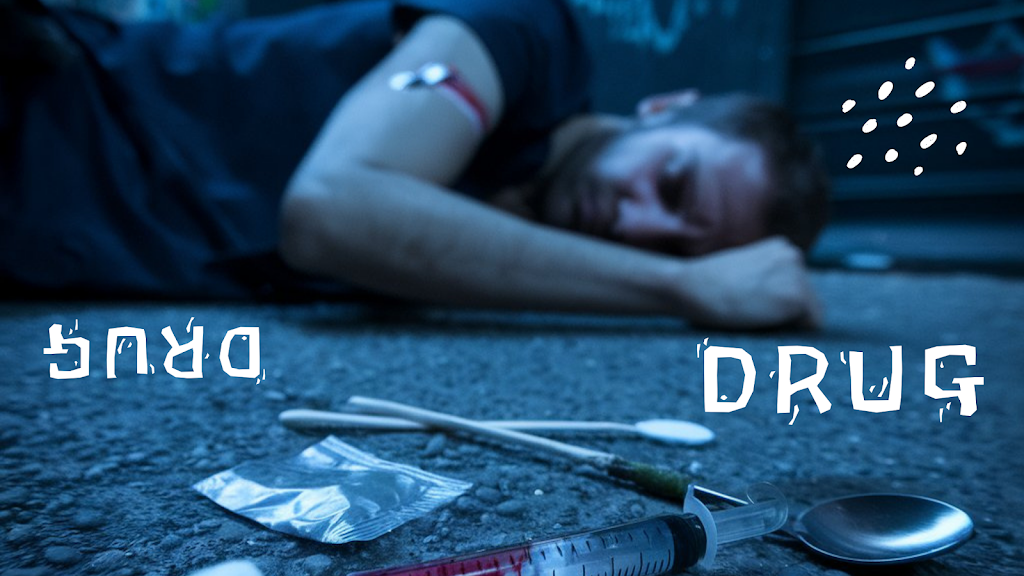Family Support in Addiction Recovery
Addiction recovery is not a journey anyone should walk alone. It takes time, patience, and love. But the most powerful support often comes from family. In Nepal, families play a big role in helping loved ones heal from drug or alcohol addiction. Recovery becomes easier when the family stands together.
The Importance of Family Support in Addiction Recovery
When someone struggles with addiction, it affects the whole family. There can be sadness, anger, and confusion. But when the family learns to give support, recovery becomes stronger and more successful.
The importance of family support in addiction recovery is clear. A loving family provides emotional strength and hope. They can help create a calm, safe home environment. This helps the person avoid triggers and stay focused on recovery.
Without family support, many people feel lonely and lose motivation. But when family members show care, understanding, and patience, the person feels valued and prepared to heal.
How Family Support Works in Rehab
In a family support rehab, the family is involved in the treatment process. Rehab centers offer family counseling sessions. These sessions teach families how to communicate with care, avoid blame, and handle emotional situations.
For example, instead of saying, “Why can’t you stop?” they learn to say, “We believe you can recover, and we’re here for you.” This small change in words can make a big difference.
Family counseling also helps the family heal and recover. Addiction doesn’t only hurt one person. It affects everyone around them. Through counseling, families learn how to rebuild trust and communicate better.
Family Support in Addiction Recovery Nepal
In addiction recovery in Nepal, families are now seen as partners in healing. In the past, addiction was often a hidden topic because of social shame. But today, many people understand that addiction is not a moral failure; it’s a health condition.
Rehabilitation centers in Nepal now focus on family involvement. They teach family members how to give emotional support and set healthy boundaries. Families learn how to motivate their loved ones without pushing too hard.
For example, rehab centers arrange weekly family meetings where members share updates, emotions, and progress. This creates unity and trust, two important pillars of recovery.
Family’s Role in Drug Addiction Recovery in Nepal
Drug addiction recovery in Nepal can be a long process. It needs courage and commitment. During this time, family support becomes a guiding light.
Here are some ways families can help:
- Show patience: Recovery takes time. There may be relapses, but patience builds confidence.
- Listen with love: Listening without judging helps the person feel safe.
- Encourage healthy habits: Family can promote exercise, good food, and meditation.
- Join family therapy: rehab centers provide family therapy to strengthen relationships.
- Celebrate progress: Even small victories like one week of sobriety deserve celebration.
When families do these things, they give their loved one a reason to keep fighting.
Challenges Families Face During Recovery
Family support is powerful, but it’s not always easy. Families may feel tired, scared, or frustrated. These feelings are normal.
Here are some common challenges:
- Not understanding addiction: Some people think it’s just a matter of willpower.
- Blame and guilt: Families may blame each other or feel responsible.
- Lack of communication: Talking about painful topics can be hard.
- Fear of relapse: Families often worry about setbacks.
The best way to overcome these problems is with education and guidance. Rehab centers in Nepal help families understand addiction as a treatable condition. With support and knowledge, families become stronger together.
How Rehab Centers Support Families
Here’s how they help families:
- Family therapy sessions: These help everyone express emotions and build understanding.
- Workshops and programs: Families learn how to handle relapse, stress, and emotional healing.
- Aftercare services: Even after treatment, rehab centers stay connected to families for ongoing support.
- Open communication: Families are encouraged to visit and participate in recovery meetings.
This combined effort helps rebuild trust and strengthen family bonds.
Why Family Support Rehab Works Best
A family support rehab gives patients not just treatment but love and belonging. When families are involved, recovery becomes more successful. The person feels valued, supported, and motivated to change.
Families also heal during this process. They learn forgiveness, patience, and compassion. The whole family grows stronger, creating a better environment for long-term sobriety.
In Nepal, this approach has changed many lives. Families who once felt broken now feel united again — proof that love and understanding are the most powerful medicines.
Conclusion
Addiction recovery is a team effort. No one should face it alone. The importance of family support in addiction recovery is huge. It gives hope, direction, and courage.
If your loved one is struggling with addiction, don’t give up. Look for a rehab center or a family support rehab that values family involvement. Together, you can create a caring and safe environment where healing truly begins.
Remember, recovery is not just about quitting drugs or alcohol; it’s about rebuilding life, love, and trust.
Frequently Asked Questions (FAQs)
1. Why is family support important in addiction recovery?
Family support gives emotional strength, stability, and hope to people in recovery. It helps them stay motivated and reduces the risk of relapse.
2. What is a family support rehab?
A family support rehab is a treatment center that includes family members in the healing process through counseling, therapy, and education programs.
3. How can families help during drug addiction recovery in Nepal?
Families can help by being patient, listening without judgment, joining therapy sessions, and encouraging positive habits like exercise and meditation.
4. What are common problems families face during recovery?
Families often face emotional stress, fear of relapse, and communication gaps. With proper guidance from rehab professionals, these challenges can be overcome.




